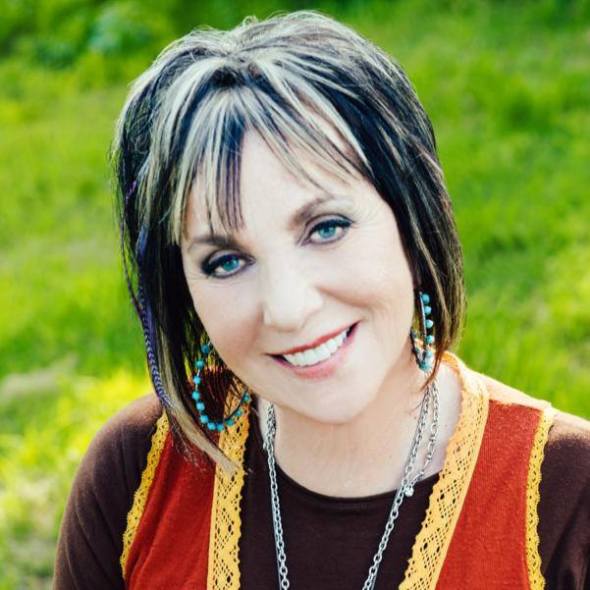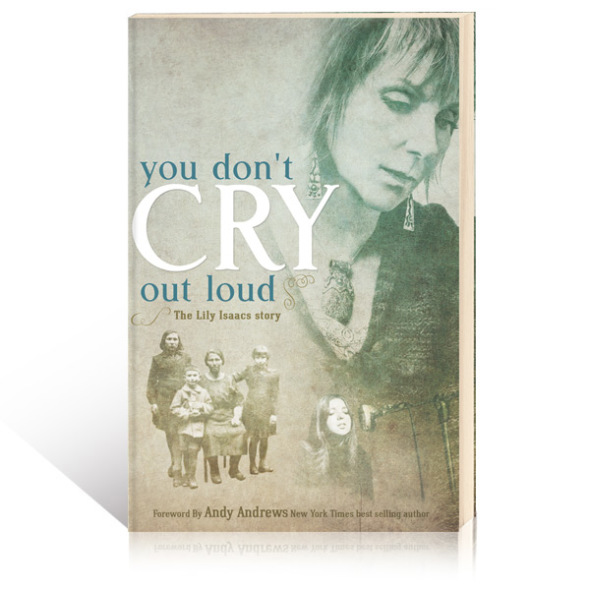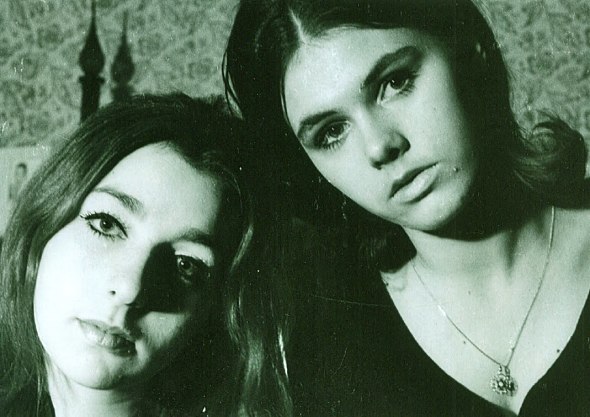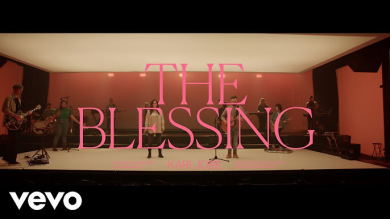BC News|September 16, 2014 03:02 EDT
Lily Isaacs Creates American Dream Out of Remnants of Holocaust Refugee Family; Says Music was a 'Mask' to Hide Pain [INTERVIEW]

Legendary singer Lily Isaacs is mostly known as the matriarch of the gospel bluegrass/country group, The Isaacs, but in her memoir 'You Don't Cry Out Loud' music fans will truly learn what makes this artist special.
While all good American stories that begin in the 1940s are usually great tales of endurance and inspiration, Isaacs begins her chapter in Germany and Poland where her parents were trapped in concentration camps during World War II.

After numerous scenarios in which her parents could have been killed, they managed to survive the rigors of being enslaved in Nazi Germany. Her parents made it out alive, but were emaciated and didn't have much family left or a place to go like so many other Jews. Although they were 10 years apart, they met in a refugee camp, and that's where Isaacs' story starts.
She was born in Germany and soon the Fiszman's moved to the United States where they became a struggling immigrant family in America.
Growing up Lily was more concerned with her father's drinking problem than them being different. He picked up his drinking problem after World War II, where he undoubtedly took to the bottle to cope with the trauma and tragedy he had been through. As she got older they would have conversations about it, and it became more open. They would shut down and not want to talk about it after a while she said. Lily had to do a lot of research about the Holocaust and put together the years, months, and timeline for her book.
"[My] Biggest challenge was to fit in, I had some medical issues," Isaacs said. Her father's drinking was embarrassing, and her mother being younger and wanting to party was straining on their relationship. Family life was rough as her father was either working or drunk, and her mother was constantly out or fighting with her husband.
Scoliosis put her in a back brace which shamed Lily in her more formative teenage years. "It was very painful so I got into theater and art." That world "was to mask what was going on at home," she said.
Upon finding her talents in music and theater, Lily began to perform shows and sets with her friend Maria. Drawing from the likes of the Beatles and Bob Dylan, the duo began to craft folky harmonies that caught the attention of Columbia Records.

"We were so green. We really didn't know what we were doing. We were just two young girls who had guitars and loved music," she said. It was a miracle they were discovered. They sat down in Columbia studios for an audition at 19-years-old. Lily and Maria signed to a contract, but did not have proper guidance and let people dictate their sound. They never took off, and did not receive money for their music. However, it can still be found today and was actually reissued in 2008.
We had an audition at the Bitter End cafe. There was a group that went on before called Linda Ronstadt and the Stone Poneys. She made it as a big star, "I saw them when they were nobody," she recalled as her biggest "rockstar" moment. Another was when she was sitting in a restaurant where Bob Dylan was eating pasta. Lily was only three tables over, but was too shy to approach him.
Lily began crafting her music around some of the big artists of the day. She was very much interested in the folk rock sounds of her era where all the music was about peace and change.
"When I was really young, Barbara Streisand was my idol. I wanted to be just like her. I wanted to be an actress, I wanted to sing on Broadway. I was a big Beatles fan. I was in love with John Lennon," she shared and also revealed she was at their famed Shea Stadium show.
Lily and Maria also garnered influence from Peter, Paul, and Mary, and Simon & Garfunkel. They were all amazing songwriters, especially Bob Dylan..."Really focused on lyrics, and all of the lyrics were about life and love and peace."
"I think music is a beautiful outlet...anything that you do creatively is really healthy for you," Lily said about music's power, "You can put in words sometimes what you can't say in a conversation." She said music can reach over a preacher or a lecture because it can allow issues in life to somehow end up with a positive message of hope.
Lily did not find fame in those early years, but after nearly two decades of trials and battles, she along with her children and ex-husband really broke through into the gospel music world. The '70s and '80s were a whirlwind of a ride for Lily, that will documented in part two of this interview.
Check back with BC tomorrow as Lily discusses her conversion to Christ, the family drama surrounding her Jewish parents, and her battle with cancer.
Read our book review here.












